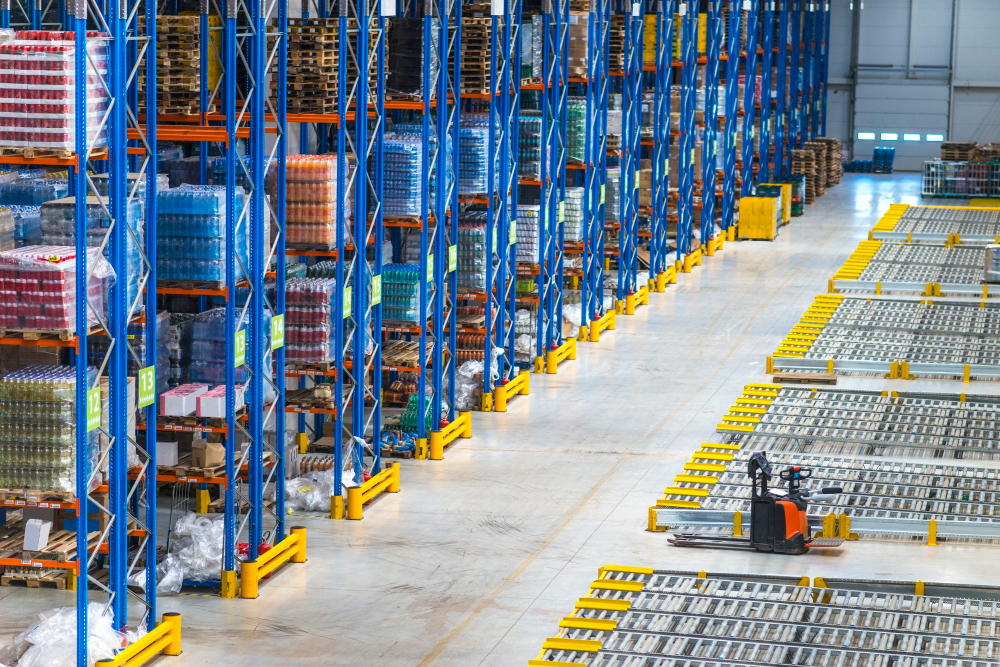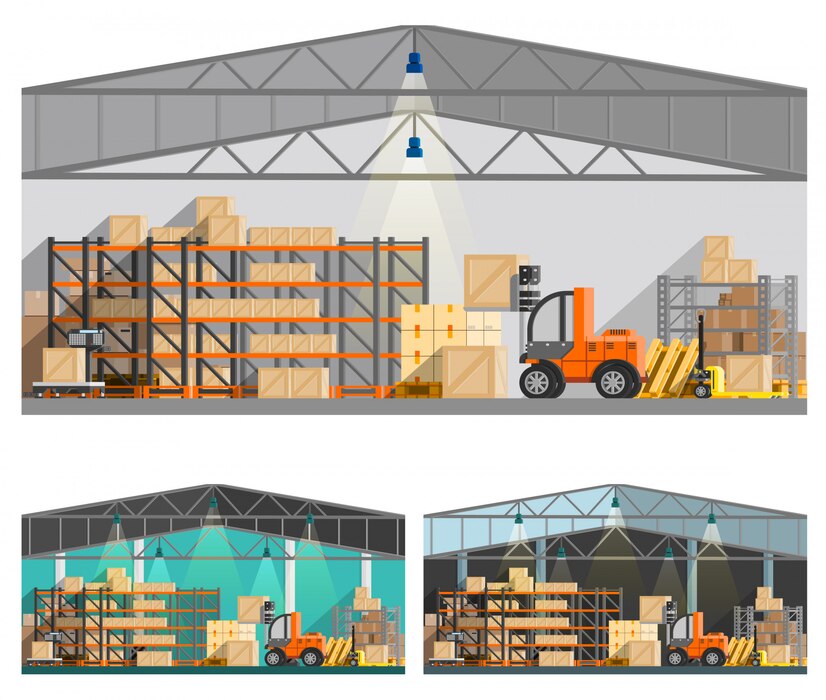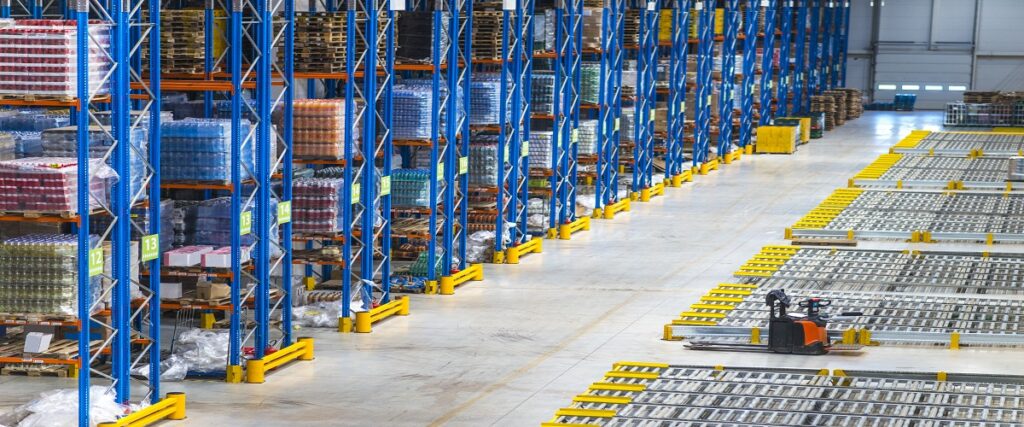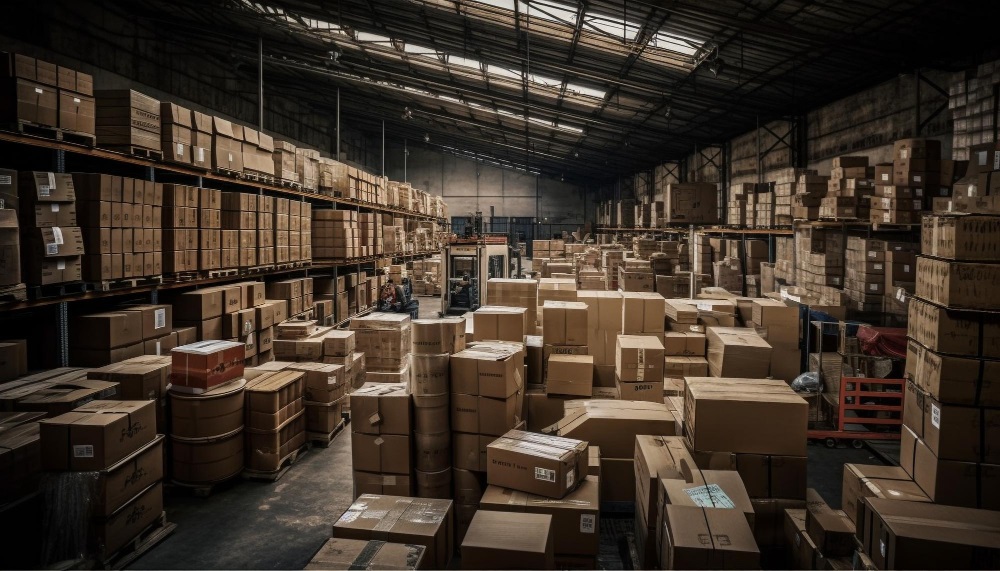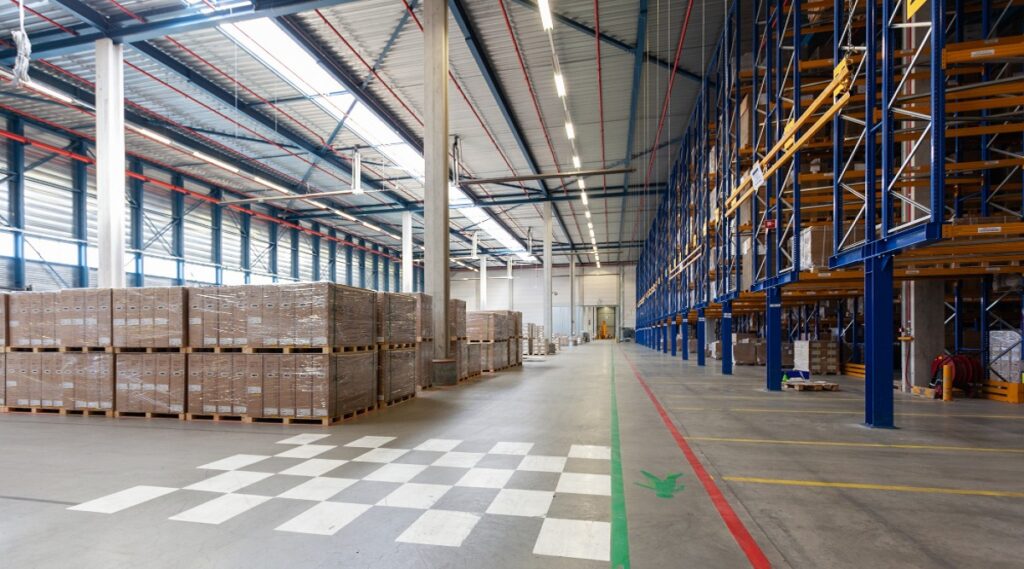What Is a Warehousing Company and Main Types of Warehousing Companies?
One of the key components of logistics is a warehousing company. An essential component of supply chain management is the warehouse. They are employed to hold and protect products until they are needed for sale or production.
The effective shipping and receiving systems found in modern warehouses facilitate the timely delivery of goods to their intended locations. Public warehouses run by the private warehouses that businesses rent out to store their inventory are the main categories of warehouses.
Manufacturers, importers, exporters, wholesalers, and transportation companies all use warehousing companies. In order to facilitate the efficient flow of goods throughout the supply chain, modern warehouses are equipped with effective receiving and shipping systems. Additionally, they are made to minimize waste by making better use of available space, optimize bulk storage, and lower operating costs by implementing efficient management systems.
Importance of Warehousing Company Solutions
Nowadays, the majority of businesses require warehousing company facilities in one way or another to hold finished goods or raw materials prior to shipping. Without increasing operating expenses, warehousing helps companies to seize supply chain and market opportunities more quickly and effectively. It assists them in maintaining tabs on stock, inventory, status, and every other factor that affects the creation or delivery of the final product.
Businesses can benefit from warehousing in a number of ways, including security, ease of moving and transportation of goods, climate control, inventory management software, and skilled staff.
Logistics Industry is a Warehousing Companies, Which falls Under the following Categories:
Receiving and shipping (S&R): These are utilized to hold incoming items from clients or suppliers while they are processed. They additionally offer storage for shipments that are leaving.
Storage units serve the purpose of preserving inventory levels at a designated site until customer orders are generated and dispatched from the stock.
Two Types of Warehousing Company Can be Distinguished:
Conventional Warehouse: Big businesses use these kinds of facilities to hold their goods, which can be in bulky shapes or small quantities requiring particular handling and storage space.
Industrial Warehouses: Large amounts of inventory are usually kept in industrial warehouses on pallets stacked on racks inside the walls. This gives the inventory a high degree of accessibility while protecting it from outside hazards like pests.
The main goals of contemporary warehouse company architecture are to reduce wasted space, maximize bulk storage, and preserve energy. Warehouses are crucial to the distribution of goods in the modern business world.
Manufacturers who make electronics, cars, and other products, importers who bring in raw materials from overseas, and exporters who market their products all over the world all use warehouses. It is also utilized by transport companies that use trucks or trains to move goods across bordering areas, as well as wholesalers who purchase goods from one manufacturer and resell them under their own brand name.
Public Warehousing Company Provide in Large Warehouses by Renting
These are mostly run by non-profit organizations or government agencies, so they are required by law to offer services that benefit the local economy and community.
Public warehouses hold equipment or raw materials while it is being moved from one place to another. Public warehouses are frequently big and feature central locations that are sufficiently spaced apart to minimize the distance that drivers must travel between each load pickup point (LPP). They are therefore perfect for companies that ship goods over great distances everywhere in the world.
Contract Warehousing Companies Provide SRE India
These specialized warehouses keep their goods in either a different physical structure or an already-existing facility that has been adapted for warehousing.
Private warehousing services guarantee that the owner of the private warehouse is in charge of the inventory management procedure and is not subcontracting it to any other party.
A private warehouse may be owned by a person, business, or trust. All goods that are in the owner’s possession at any given time must be subject to a legal right.
Conclusion
Warehouses are now a strategic tool used by large, small, and medium-sized enterprises to address a variety of business issues. They enable companies to concentrate on other facets of their business while maintaining the products’ safety and security. Storage is becoming more and more popular and is here to stay as more businesses go global and embrace digital technology.
Warehousing Frequently Asked Questions
Warehousing plays a crucial role in logistics by efficiently transporting goods from suppliers to their intended location while providing customers with easy access. It is an essential component of logistical operations because of its fundamental role in the supply chain process.
Because it offers essential services like inventory management, receiving and shipment handling, and quality assurance, warehousing plays a crucial role in the supply chain process. These features facilitate efficient tracking of goods and help to guarantee that they are arranged correctly for timely delivery.

